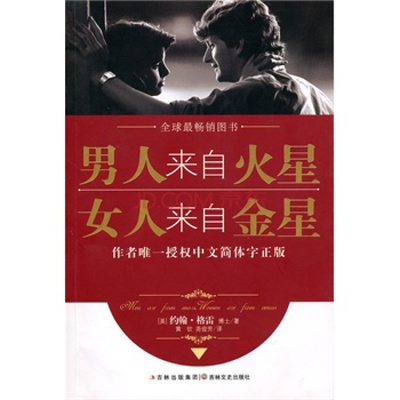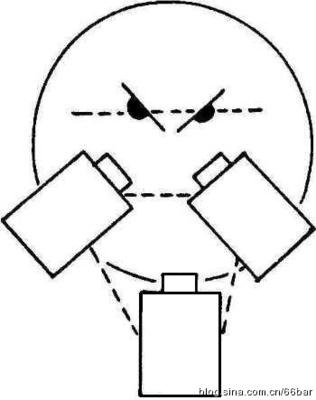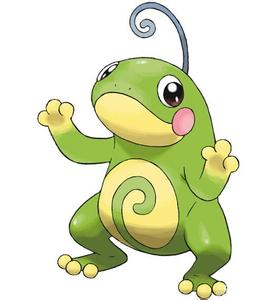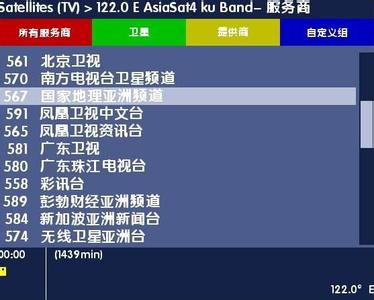前五个句型属于简单句的基本句型,后面三个是中考中重要的简单句句型。掌握好简单句是学好语法的基础,同学们要重视哦!
这一句型英汉语言结构形式完全相同,说明“某人或某物如何动作”,或者说“某人或某物自身怎样运动”。
例:They arrived in Harbin yesterday morning.
分析:“they”(主语)“arrived”(谓语)。
这一句型英汉语言的结构形式完全相同,用以说明“某人或某物做什么事情”,或者说“某人或某物发出了动作,并且其动作涉及到另一个人或物”。
例:I study English.
分析:“I”(主语)“study”(谓语动作)“English”(宾语即动作涉及的对象)。
这一句型英汉语序结构相同,说明“某人为谁(间接宾语为人)做某事”,或者说“某人或物的运动涉及到两个对象,其中一个间接对象为人,另一个为物”。
例:Our teacher taught us English.
分析:“our teacher”(主语)“教”(谓语动作)“us”(间接宾语)“English”(直接宾语)。
这一句型说明“某人或某物要求(使、让)某人做什么”或“某人感觉某人或物怎么样”。
例: He asked her to go there.
分析:“he”(主语)“asked”(谓语动作)“her”(宾语即动作涉及的对象)“to go there”(补语—补充说明宾语做什么)。
这一句型用以说明“某人(某物、某事、某种概念)具有什么特征或处于什么状态”。汉语的“是”字结构属于这一英语句型的形式之一。常用的联系动词有be, keep,lie, remain, stand, become, fall, get, go, grow, turn, look, feel, seem, smell, sound, taste, 等。
例: I am a teacher. 我是一名老师
分析:“I”(主语)“am”(系动词)“a teacher”(表语—即表明主语的身份)。
这一句型用以说明“在某地或某时存在某人或某物”。
例:There is a bird in the tree. 在树上有一只鸟。
分析:“in the tree”(地点)“there is a bird”(存在物)。
这一句型用以比较物质甲与乙之间的异同。
1) 原级比较: …as + 形容词/副词原级 + as…; …as + 形容词+名词 + as…
例:He is as rich as John. 他和约翰一样富有。
例:He has as much money as she does. 他和她的钱一样多
2) 比较级:…+ 形容词/副词比较级 + than…
例:She is more careful than he.她比他细心多了。
3)最高级:the + 形容词/副词最高级+(单数名词或one)+ {of(among) + 人或物}/{in + 场所}
例: He is the tallest in the class.他是班上最高的。
这一句型用于说明“做某一动作或事情属于什么性质或具有什么特征”。即对某一动作或事情进行评价。(这里it 是形式主语,真正的主语是 to do 结构或 that 从句)
例:It is important to learn a foreign language.学习一门外语很重要。
分析:本句重在说明“学习一门外语”(to learn a foreign language)这一动作的性质是“重要的”。
【小试牛刀】
请判断下列句子的结构类型
1.He is running.
2.The loud voice from the upstairs made him angry.
3.The little boy is asking the teacher all kinds of questions.
4.She seemed angry.
5.My father bought me a beautiful present.
6.Why do you keep your eyes closed?
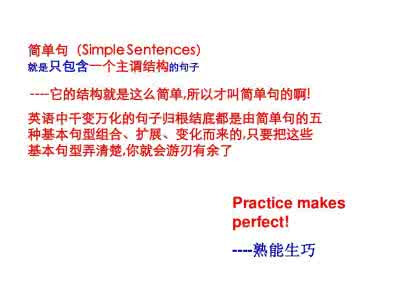
7.Will you tell us an exciting story?
8.We must keep our classroom tidy and clean.
9.I heard the baby crying in the sitting room.
10.Can you push the window open?
key:
1.主语---谓语
2.主语---谓语---宾语---宾补
3.主语---谓语---宾语---宾语
4.主语---系动词----表语
5.主语---谓语---宾语---宾语
6.主语---谓语---宾语---宾补
7.主语---谓语---宾语---宾语
8.主语---谓语---宾语---宾补
9.主语---谓语---宾语---宾补
10.主语---谓语---宾语---宾补
 爱华网
爱华网